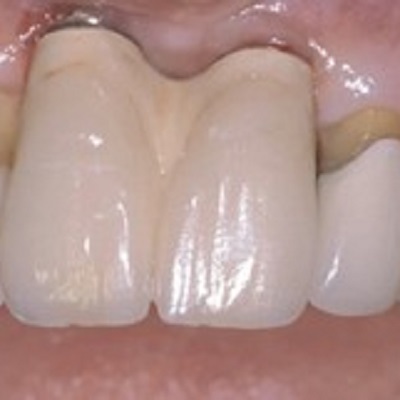Dental implants have become a popular solution for replacing missing teeth, offering a durable and aesthetically pleasing alternative to traditional dentures and bridges. However, like any Best Dental Implants require careful consideration and maintenance to ensure optimal oral health. This article provides essential information about dental implants, their benefits, potential risks, and how to maintain your oral health after the procedure.
What Are Dental Implants?
Dental implants are artificial tooth roots made of titanium that are surgically inserted into the jawbone. They serve as a stable foundation for attaching replacement teeth, such as crowns, bridges, or dentures. The implant consists of three main parts:
Implant Fixture: The titanium post that is embedded into the jawbone.
Abutment: A connector piece that sits on top of the implant fixture and connects it to the replacement tooth.
Crown: The artificial tooth that is placed on top of the abutment, mimicking the appearance and function of a natural tooth.
Benefits of Dental Implants:
Natural Appearance: Dental implants look and feel like natural teeth. They blend seamlessly with the surrounding teeth, enhancing both function and aesthetics.
Durability: Implants are designed to last many years with proper care. The titanium post integrates with the jawbone, providing a strong and stable foundation for the replacement tooth.
Bone Health: Unlike dentures, which can lead to bone loss in the jaw, implants stimulate the bone, helping to maintain its density and structure.
Improved Functionality: Implants restore full chewing function, allowing you to eat and speak comfortably without the worry of slipping or shifting.
No Impact on Adjacent Teeth: Unlike traditional bridges, which require alteration of adjacent teeth, implants do not affect neighboring teeth.
The Implant Procedure:
Initial Consultation: Your dentist will assess your oral health, take X-rays or CT scans, and discuss your treatment options. If you have insufficient bone density, you may need a bone graft before implant placement.
Implant Placement: During a surgical procedure, the implant fixture is placed into the jawbone. The site is then allowed to heal, which usually takes several months. This process is known as osseointegration, where the implant fuses with the bone.
Abutment and Crown Placement: Once the implant has integrated with the bone, an abutment is attached to the implant. After a short healing period, the final crown is placed on top of the abutment.
Risks and Considerations:
Infection: As with any surgical procedure, there is a risk of infection at the implant site. Good oral hygiene and regular dental check-ups are crucial to prevent complications.
Implant Failure: Although rare, implants can fail due to issues such as poor bone quality, excessive stress on the implant, or improper placement.
Sinus Issues: In some cases, implants placed in the upper jaw may protrude into the sinus cavity, potentially causing sinus problems. Your dentist will evaluate this risk based on your anatomy.
Nerve Damage: There is a small risk of nerve damage during the implant procedure, which can lead to numbness or tingling in the gums or lips. Choosing an experienced dentist can minimize this risk.
Maintaining Oral Health with Implants:
Oral Hygiene: Regular brushing and flossing are essential for maintaining the health of both the implants and the surrounding teeth. Use a soft-bristled toothbrush and non-abrasive toothpaste to clean around the implant area.
Regular Dental Visits: Schedule routine check-ups and professional cleanings with your dentist. They will monitor the condition of the implants and surrounding tissues, ensuring that any issues are addressed promptly.
Avoid Hard Foods: To prevent damage to the implant or surrounding teeth, avoid chewing on very hard foods or objects.
Quit Smoking: Smoking can impair healing and increase the risk of implant failure. If you smoke, consider quitting or reducing your intake.
Stay Hydrated: Drinking plenty of water helps maintain good oral health and supports the healing process after implant surgery.
Conclusion:
Dental implants are a reliable and effective solution for replacing missing teeth, offering numerous benefits for oral health and quality of life. By understanding the procedure, potential risks, and maintenance requirements, you can make an informed decision and enjoy a restored smile with confidence. Always consult with a qualified dental professional to determine if implants are the right choice for you and to receive personalized care throughout the process.





Comments